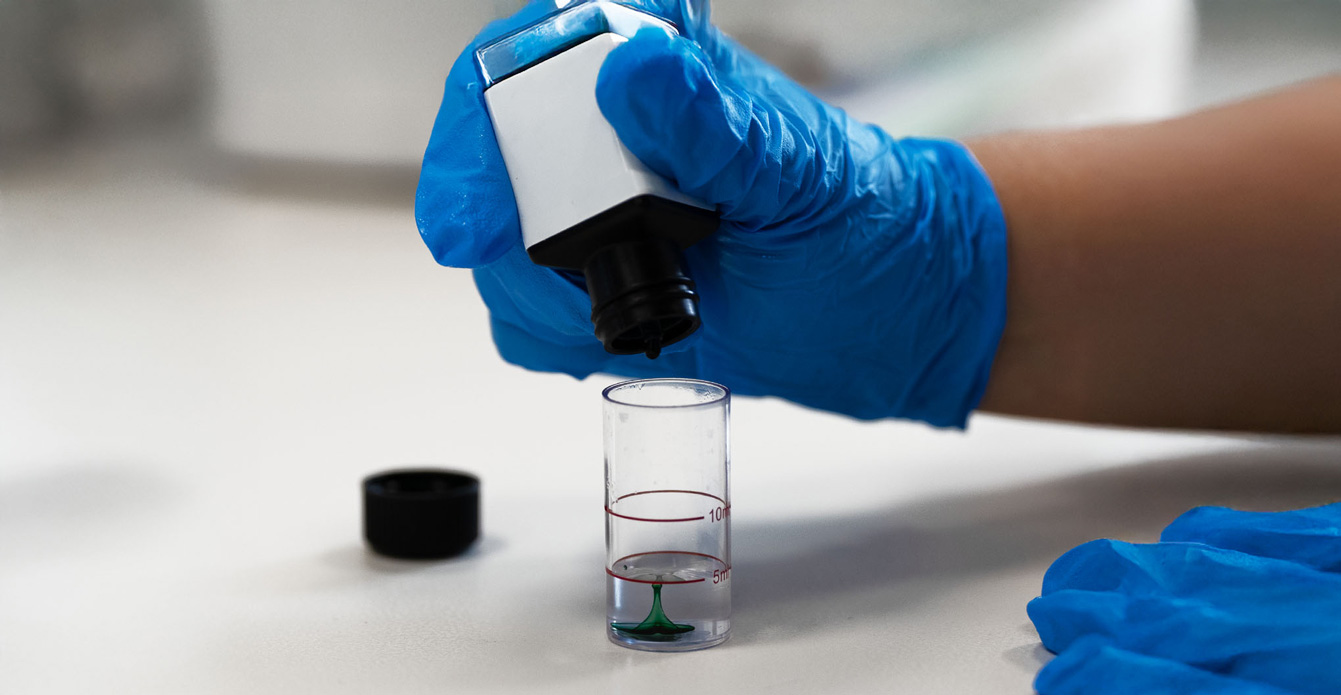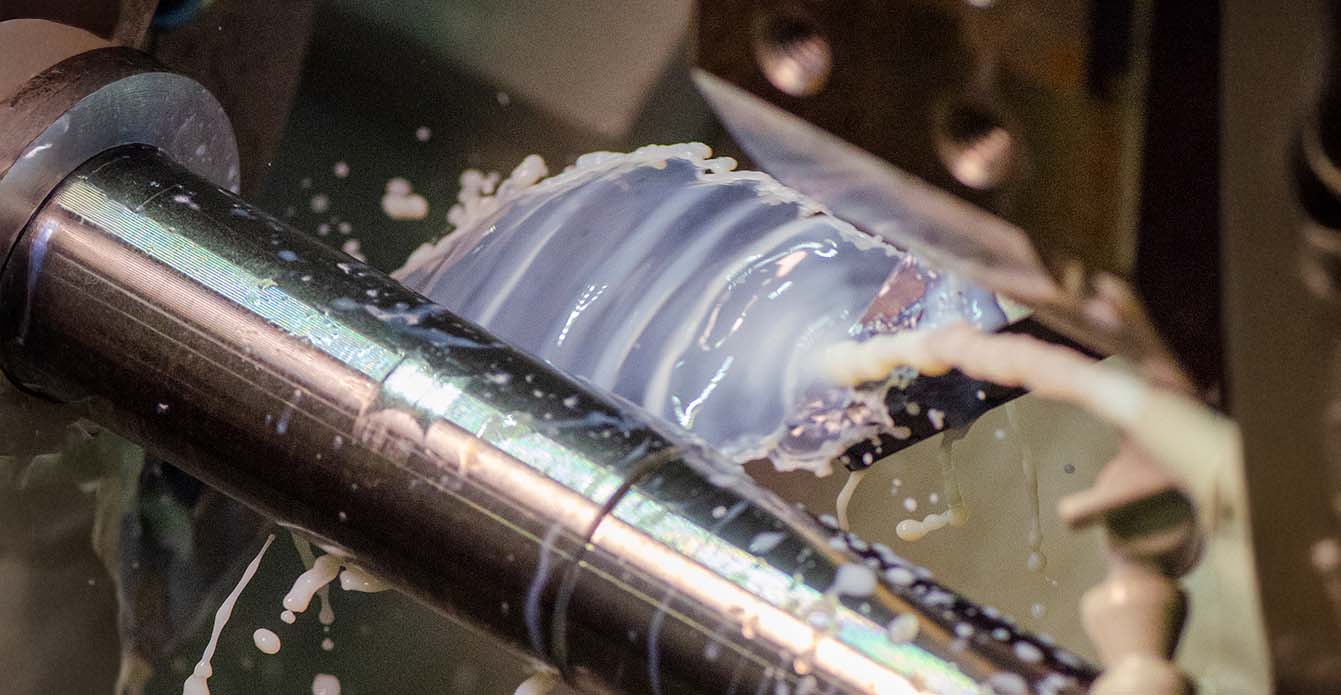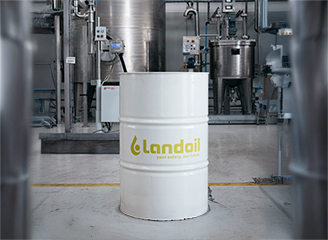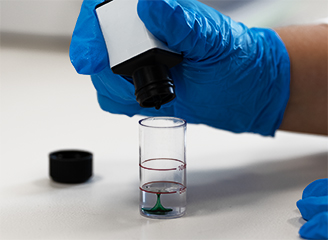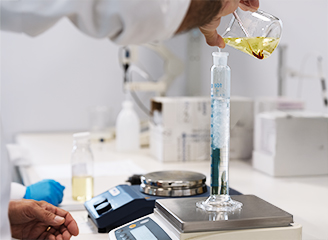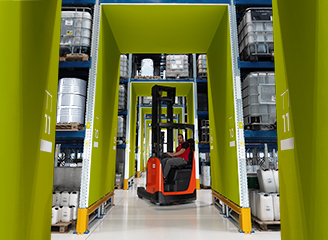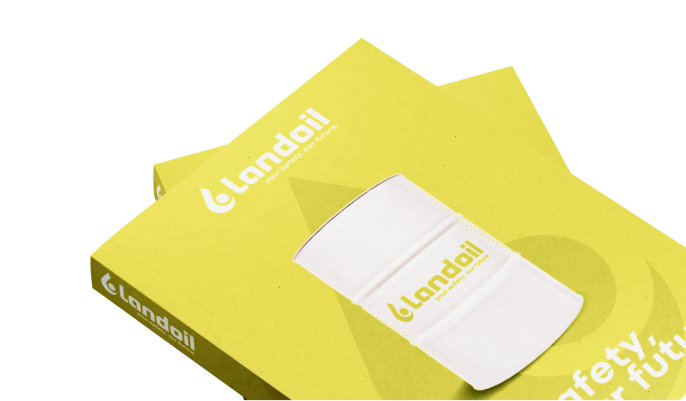In metalworking, achieving peak tool performance, maximizing productivity, and enhancing product quality hinges on the proper formulation and application of metalworking fluids (MWFs). Aqueous metalworking fluids – ranging from soluble oils to synthetic and semi-synthetic variants – are indispensable for their roles in lubricating cutting tools, dissipating heat, and preventing corrosion during manufacturing processes.
While much attention is given to the composition of these fluids, the water used to dilute them often goes overlooked. The quality of this water is vital, as it can significantly influence the performance of the fluids and the overall success of machining operations.
Using mineral free water, produced via methods such as deionization or reverse osmosis, has a profound positive effect on the MWF’s overall performance compared to the use of standard tap water.
Below, we delve into the importance of water quality, its impact on MWFs, and the potential issues stemming from poor water quality.
The Role of Water in Maintaining Fluid Stability
Aqueous metalworking fluids combine water with additives like lubricants, emulsifiers, and corrosion inhibitors to enhance performance. The stability of these fluids depends heavily on the purity of the water used during dilution.
Hard Water’s Impact
Hard water contains elevated levels of minerals like calcium and magnesium. These minerals can react with emulsifiers and other additives, destabilizing the emulsion. This leads to problems such as:
- Formation of soaps or precipitates
- Reduced lubrication and cooling effectiveness
- Shortened fluid lifespan
Importance of Proper pH
Water that is too acidic or too alkaline can also destabilize MWFs:
- Acidic water lowers the fluid’s pH, increasing its corrosiveness
- Alkaline water can break down additives, diminishing the fluid’s efficiency
Both scenarios can result in increased maintenance needs and operational costs.
Reducing Contamination and Microbial Proliferation
One of the most frequent challenges in maintaining aqueous MWFs is microbial contamination. Bacteria, fungi, and other microorganisms thrive in the nutrient-rich environment of these fluids, especially when diluted with poor-quality water.
Microbial Challenges
- Microbial growth can produce unpleasant odors, degrade fluid additives, and hinder cooling capacity
- Microbial contamination can also cause blockages in filters and sensors, compromising equipment functionality
Using mineral free water stops any reaction between the hardness ions, calcium & magnesium, and the additives in the MWF used to prevent microbial growth. Pure water ensures consistent performance of these crucial additives – prolonging consistent performance and sump life.
Combatting Corrosion with Quality Water
Corrosion poses a persistent risk in metalworking environments, affecting both machinery and the components being manufactured. The presence of dissolved solids in water exacerbates these problems.
Harmful Ions in Water
- Chlorides and sulfates in water can accelerate rusting and surface degradation
- Calcium reacts with corrosion inhibiting additives reducing their effectiveness
- Corrosion leads to shorter tool lifespans, equipment failures, and increased repair costs and scrap rates
Using mineral free water stops any reaction between the hardness ions, calcium & magnesium, and the additives in the MWF used to prevent corrosion both of ferrous and non-ferrous metals. Pure water prevents build-up of harmful chlorides in the fluid over time – ensuring long and consistent corrosion protection performance of the machine and workpieces.
Enhancing Fluid Performance and Product Quality
The quality of water used to dilute metalworking fluids directly influences their ability to provide cooling, lubrication, and consistent performance. Hardness minerals can cause emulsion oil droplets to enlarge and aggregate, leading to more milky or creamy emulsions. This compromises the fluid’s cooling and lubricating capabilities, potentially harming surface finishes and machinery.
This Emulsion Instability, results in:
- Increased drag-out on parts and chips means increased consumption of MWF concentrate
- Increased formation of insoluble soaps which blind filters – increased filtration costs
- Reduced cooling efficiency and higher tool wear – higher tooling costs and rates of scrap parts
Using mineral free or naturally soft tap water prevents emulsion instability issues.
Achieving Cost Efficiency and Sustainability
Using high-quality water not only improves MWF performance but also drives operational efficiency and reduces waste.
Extending Fluid Life
Mineral free water minimizes the accumulation of contaminants in the fluid, reducing the need for frequent replacements. This leads to significant cost savings in large-scale operations.
Reducing Maintenance Needs
High-quality water lowers the risk of equipment malfunctions and unplanned downtime, ensuring smooth production workflows.
Conclusion
Water quality is a fundamental yet often underappreciated factor in the effectiveness of aqueous metalworking fluids. It impacts everything from fluid stability and corrosion prevention to microbial control and cost efficiency. By investing in high-quality water and implementing rigorous treatment protocols, manufacturers can safeguard their equipment, extend the life of their MWFs, achieve superior product outcomes, and most importantly, reduce overall costs. Prioritizing water quality isn’t just about fluid performance – it’s about enhancing the overall sustainability and profitability of your operations.
